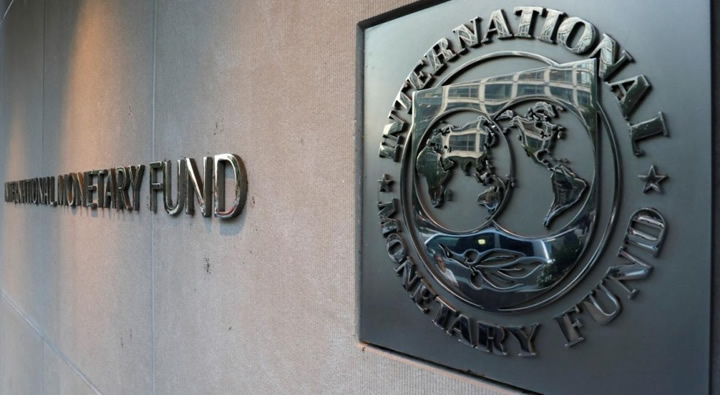The International Monetary Fund (IMF) has projected that Nigeria’s economy could achieve a growth rate of 5% if structural bottlenecks related to governance and business regulations are reduced by 25%. Currently, Nigeria’s GDP is growing at 3.19%, as reported by the National Bureau of Statistics for the second quarter of 2024.
IMF Resident Representative, Dr. Christian Ebeke, made this assertion at the 2024 International Business Conference and Expo, organized by the Lagos Chamber of Commerce & Industry in Lagos, under the theme ‘Invest Nigeria.’ Ebeke emphasized the potential for Nigeria to boost its economic growth by streamlining governance and business regulations, suggesting that even a 25% reduction in these barriers could significantly enhance the country’s GDP growth.
Ebeke noted that Nigeria’s economic reforms, particularly in the financial and external sectors, need to be strengthened to sustain the country’s emerging economic momentum. He stated, “Nigeria is currently growing at three per cent but has the potential to grow at five per cent by simply reducing the governance bottlenecks and business regulations by 25 per cent.”
According to Ebeke, Nigeria’s status as an emerging market has been hampered by structural gaps in governance and regulatory frameworks. Closing these gaps, he argued, would lead to substantial and sustained economic growth. The IMF’s analysis showed that reducing these structural obstacles by 25% could increase Nigeria’s output by 6.4% over the next three years.
“If you divide this 6.4% increase over three years, it translates to an additional two percentage points of growth annually. Given that Nigeria is currently growing at three per cent, this country could reach a five per cent growth rate simply by addressing these governance and regulatory challenges,” Ebeke explained.
He further highlighted that for Nigeria to make meaningful economic progress, it needs to grow at a rate of 5-8% annually, outpacing its population growth. “This growth is essential for businesses, especially in an environment where interest rates and inflation are high. A higher growth rate would lead to increased disposable income and greater business turnover,” he added.
In his remarks, the Minister of Marine and Blue Economy, Adegboyega Oyetola, outlined the Federal Government’s initiatives to attract investment, such as the establishment of the Nigeria Export Processing Zones Authority, which oversees Free Trade Zones and Export Processing Zones. These zones provide various incentives, including exemptions from customs duties, VAT, and corporate taxes.
Oyetola also highlighted collaborative efforts with the Lagos State Government to improve port operations by clearing traffic on the Apapa – Tincan – Mile 2 route and enhancing landside and seaside operations with new equipment. These efforts have reduced vessel turnaround time from an average of seven days to five days, and truck turnaround time from ten days to a few hours.
Gabriel Idahosa, President of the Lagos Chamber of Commerce & Industry, stated that the two-day conference aimed to support the Federal Government in implementing bold reforms across various sectors, including agriculture, energy, foreign exchange markets, and technology. These reforms are intended to diversify Nigeria’s economy and reduce its reliance on oil.
Idahosa also urged the government to create a favorable policy and regulatory environment to attract foreign investments, particularly in building factories to produce goods locally that are currently being imported.





